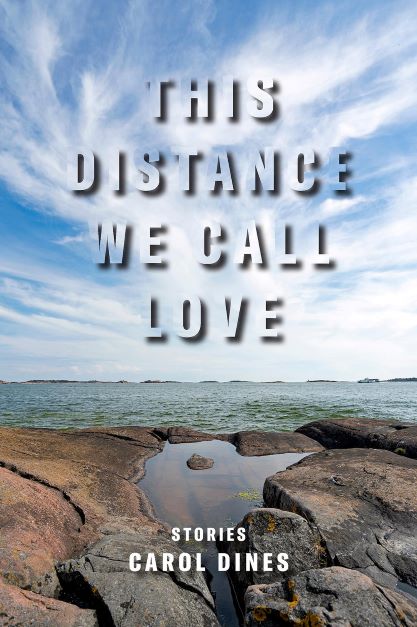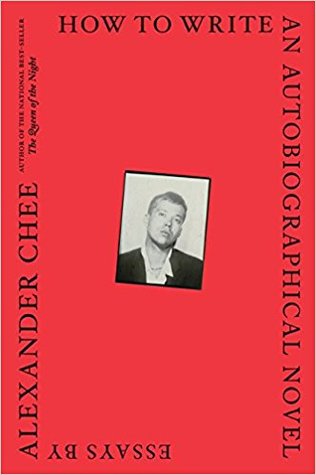
How to Write an Autobiographical Novel by Alexander Chee, for me, didn’t live up to the praise I’d heard about the book. While the first essay, about learning Spanish in Mexico, was somewhat engaging (despite the author’s self-congratulations for his fluency), the essay about reading tarot cards completely lost me. Seriously? Writers are often eccentric, but that was a bit much. Many of the other essays felt like opportunities for name dropping and, again, boasting, without offering too much in the way of larger life lessons. Along the way there are some writing tips, but nothing that most writers haven’t heard before.
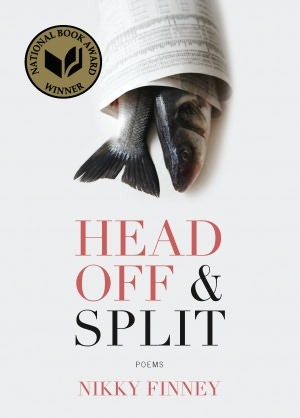
Head Off & Split by Nikky Finney from Northwestern University Press won the National Book Award for Poetry in 2011 and Finney inscribed a copy to me when I was visiting the NU Press at the AWP Conference earlier this year. (I got a couple of her other books signed, too.) In contrast with much of the poetry I’ve been reading lately, these are long poems. And while the personal and family experiences Finney writes about are far from my own, any empathetic reader will appreciate them. As Thomas Sayers Ellis writes in a blurb for the book, “No one opens a vein on the page with a sharper and more nuanced gathered set of senses than Nikky Finney.”
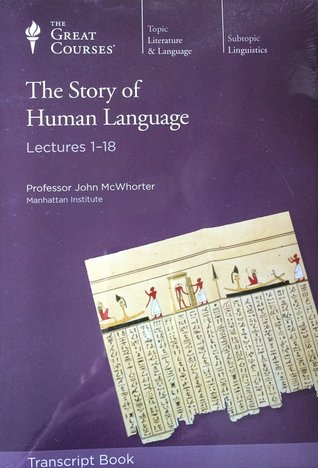
The Story of Language by John McWhorter is an audio version of a Great Course from The Teaching Company. I had previously read McWhorter’s book The Power of Babel because I’m very interested in the evolution of language. My book club read a book about tracing human origins back to Africa, and that made me curious about language. Indeed, McWhorter and other linguists start with the assumption that the “first language” started back then and evolved into the various languages we now know as humans spread (and time passed). Regrettably, it’s hard to nail down the family tree specifically, or even as closely as we can do with DNA. For example, English is part of a large language family known as Indo-European, and it is believed (but not known), that Proto-Indo-European developed among the people who lived on the southern steppes of Russia, and then began to split as those people migrated. Of course, PIE would have developed from whatever preceded that language, so where did THOSE people come from and how did the language of their ancestors become PIE? We don’t know. The rest of the book is about how languages change, and that’s interesting enough to keep me going for all 38 lessons.
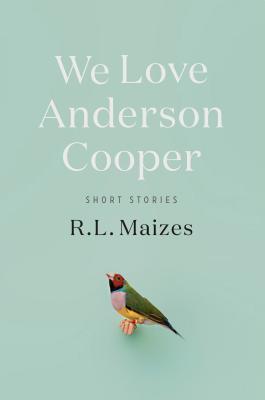
We Love You Anderson Cooper by R.L. Maizes is an enjoyable collection of short stories, some with a slightly sinister feel, others verging on the supernatural: there’s the tattoo artist who can do magical transformation with his work, the psychologist who acquires a mysterious couch, a cat who is over-protective of its owner, etc. In all, family relationships, especially failed marriages, are at the center. It’s a short book and recommended reading.
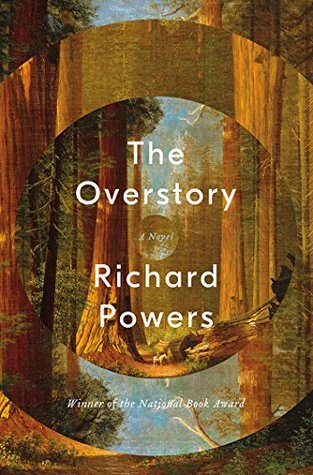
The Overstory by Richard Powers is a powerful, if melodramatic, novel with an agenda: we’re doomed if we don’t start respecting trees, and most of us are going to stand by and do nothing while the catastrophe plays out. The first third of the book consists of distinct chapters introducing the main players in the drama, although tree-imagery links these pieces together. It is only in the second third that we begin to see how the narratives intersect, as each character is drawn in one way or another to a movement to defend forests, particularly in the Pacific Northwest, against insatiable logging. We then see how this activism plays out, for better or worse. As the story unfolds, Powers delivers more information about trees than anyone really needs. The book won the Pulitzer Prize for fiction. (Note that the cover accompanying this paragraph says “Winner of the National Book Award,” but the book did NOT win that award. Instead, Powers won the award for an earlier novel, The Echo Maker.)
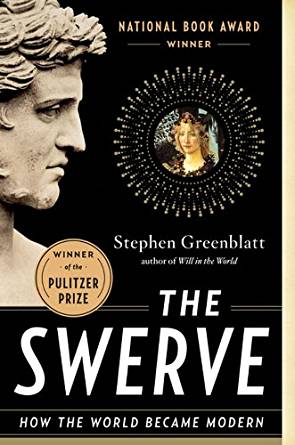
The Swerve: How the World Became Modern by Stephen Greenblatt is fascinating. In 1417, Poggio Bracciolini, an Italian scribe who had until recently worked as a secretary to the Pope, discovered a copy of a “lost” manuscript in the library of a monastery in Germany. It was a long poem written in the First Century BCE by Lucretius called “On the Nature of Things” and, Greenblatt argues, it launched us into the modern era. Much of the book feels like a digression, however, albeit a fascinating digression. I learned a great deal about political and church affairs in Central Europe in the 15th Century at the time that Poggio was Apostolic Secretary to Pope John XXIII—sometimes called Antipope John because he was one of three claimants to the papacy and was ultimately deposed and imprisoned.

